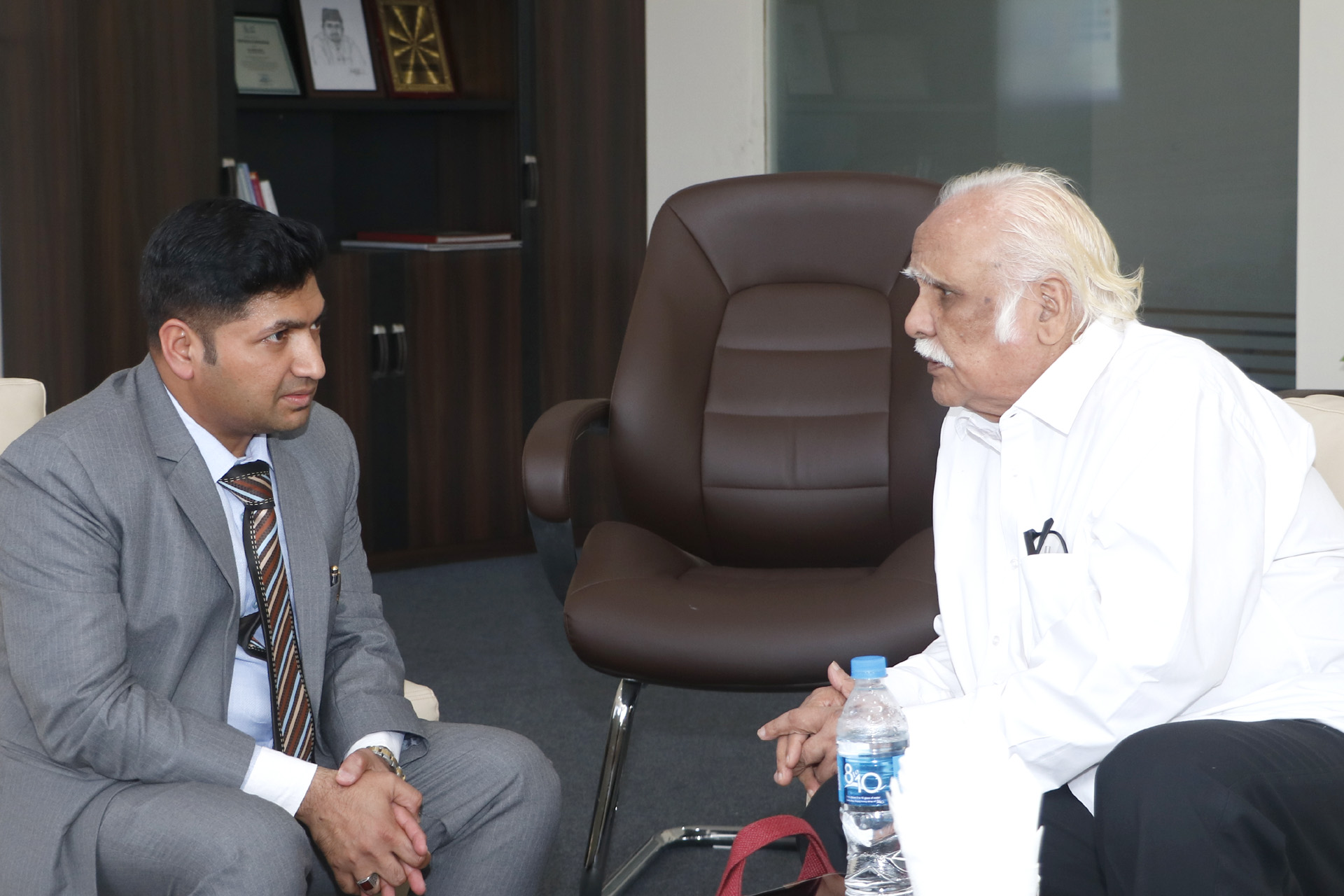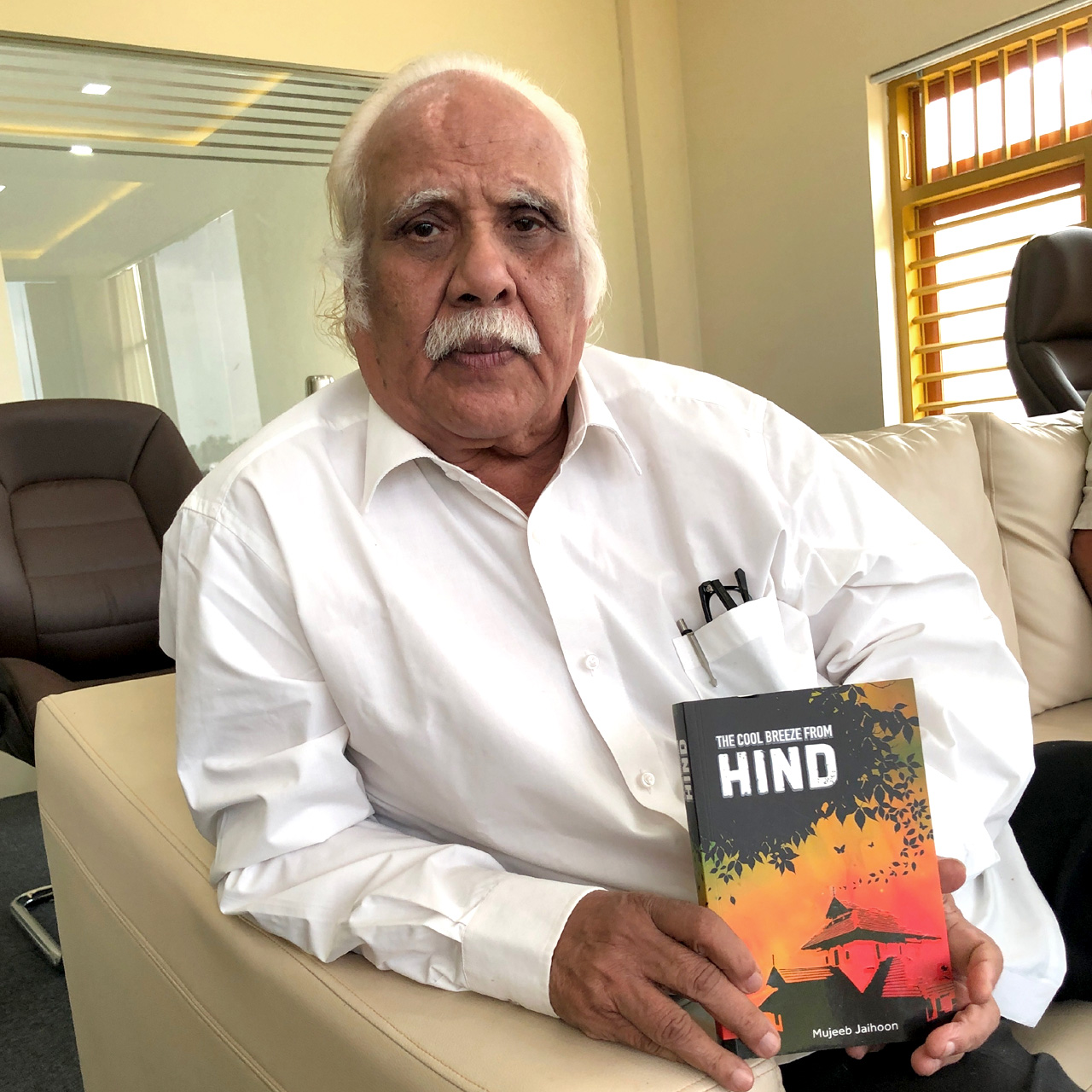In a revisionist conversation with Mujeeb Jaihoon, KKN Kurup laments Kerala’s neglect of Thuhfathul Mujahideen, the manifesto of anti-colonial struggle.
We live in very ‘un-historic times’. Neither is the modern generation interested in studying the past nor are they prepared to give the bygone great souls their right due. They neglect their epic intellectual firepower and cultural titans and vaguely pursue a life robbed of identity and originality.
K. K. N. Kurup, one among the last stock of Kerala’s living eminent historians, displayed a similar view as he shared his pain over the neglect of Thuhfathul Mujahideen, the seminal historical work of Sheikh Zainuddin Makhdum, South India’s Sufi saint and philosopher of the 16th century, also known as the Thucydides of Kerala.
Modern Kerala’s government authorities and society, including the Muslim Community, shy from patronizing the message of Thuhfathul Mujahideen, laments the fluffy-white haired octogenarian, despite its immense cultural and anti-colonial potentials.
Kurup asserts that the historical treatise, translated into 36 languages worldwide, had served as an inspirational commandment for the people of Malabar against imperialistic forces. He has been instrumental in holding several conferences and seminars in honor of the late Muslim Scholar.
When I mentioned that no one had praised Samuthiri or Zamorin (the then Hindu King) the way Shaikh Zainuddin Makhdoom had, the former Vice Chancellor of University of Calicut added, ‘and also for the Muslims to perform jihad for the Hindu king as well’.
Thuhfathul Mujahideen, he believes, ‘is a manifesto to resist and struggle for the cause of the nation and its ruler’. The anti-colonial legacy of the Thuhfathul Mujahideen inspired the Mappilas to put up a formidable fight against the colonial British rule in 1921. Kurup remains critical of the Muslim community’s unceremonious treatment of this anti-imperialist text.
Kurup also confided in our conversation that Theyyam Pattu, traditional folk song of Kerala, was influenced by Mawlid recitation, a popular form of devotional eulogy performed by Kerala’s orthodox Muslim community. He had earlier observed that ‘the female costume of Kathakali, a popular folk art form, had been borrowed from Arabs.’
Kurup, who hails from a family that has produced several scholars of philosophy and Sanskrit, now wish to set up an Indo-Arab cultural exchange body to foster further research and seminars.
I presented to him a copy of The Cool Breeze from Hind, my novel that has an exclusive chapter dedicated to Shaikh Zainuddin Makhdum. Kurup, a senior research fellow of the Indian Council of Historical Research, responded jokingly that ‘it is relatively safer to adopt a fictional approach in narrating historical events, as in case of your historical fiction’.
***
Bio: Mujeeb Jaihoon is a UAE-based writer, orator, and wanderer of Indian origin. His published books include The Cool Breeze From Hind, a historical fiction of a spiritual travel across Muslim Kerala, and Slogans of the Sage, collection of illustrated aphorisms by late Shihab Thangal, late supremo of Muslim League. Besides pursuing literary passion, he is also a regular speaker on issues pertaining to education and women’s empowerment. As a prolific traveler, Jaihoon has extensively travelled to cradles of ancient civilizations in various parts of the world. He also serves as director at several educational institutions in Kerala, besides playing an advisory role in community development initiatives. His blog is available on www.jaihoon.com.
Also published on https://cafedissensusblog.com/2019/05/10/kerala-neglecting-ones-past-is-a-betrayal-of-identity/
Mujeeb Jaihoon
Mujeeb Jaihoon, reputed Indian author, explores themes of universal love, deeply embedded in a disruptive spiritual worldview.
Related Posts
Feb 26 2026
Perfection is His Sole Privilege
Surrender "should have" fantasies to embrace the divine perfection and wisdom…
Feb 25 2026
Feathers and Bars: The Immortal Inmate
Jaihoon explores the mystical paradox of the ageless, vibrant soul trapped…
Feb 11 2026
Of Wounds and Wonders: Seeking the Divine Signature in Love and Pain
To love is to know. Whether through nature or machines, seekers find the…
Feb 10 2026
ഇതാണൊ ഇസ്ലാം ?
Mujeeb Jaihoon's controversial take on some of the double standards prevalent…




